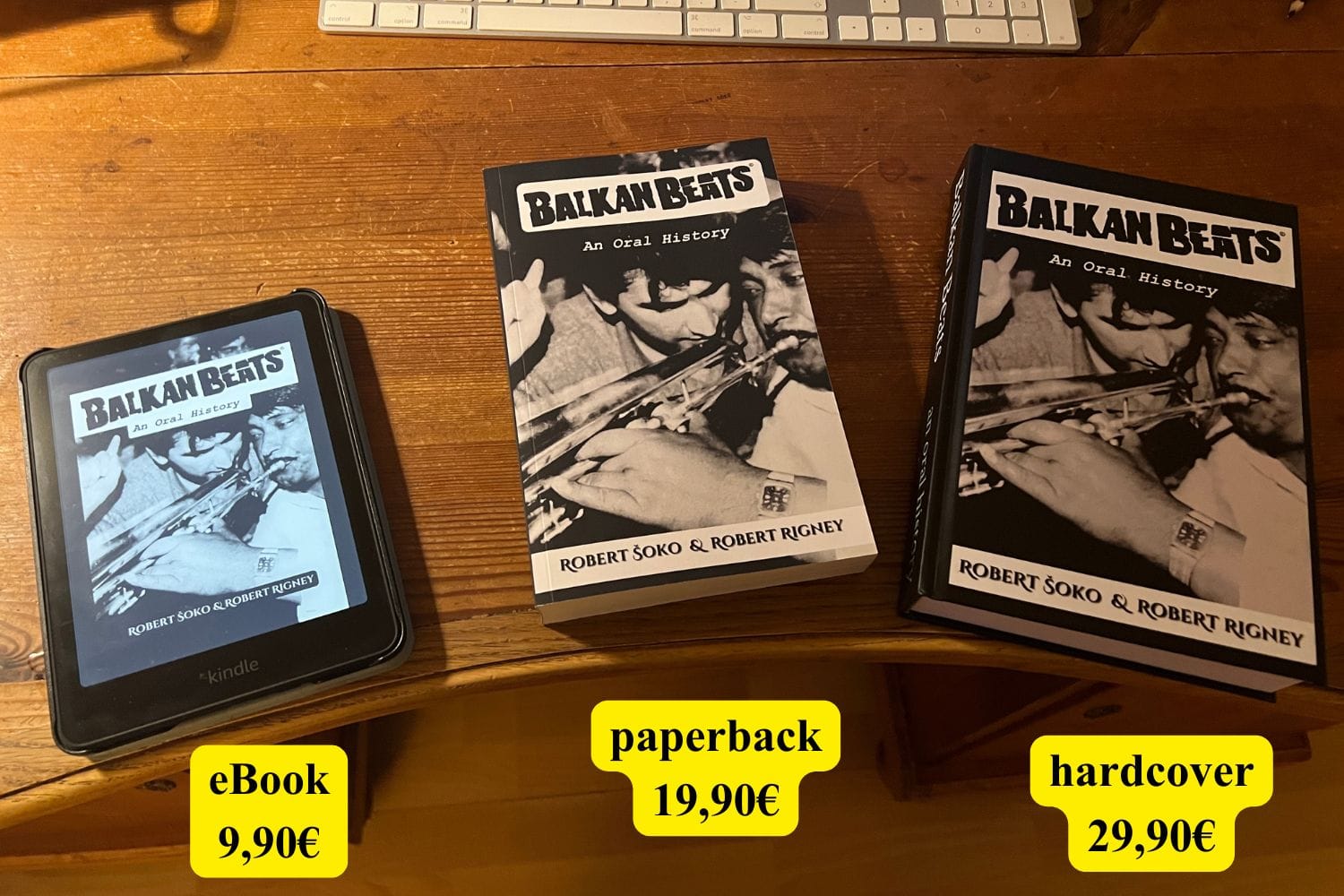Ever seen that Yugo film from 1980 called Ko To Tamo Peva, or Who’s Singing’ Over There? It’s the archetypal film about a Balkan bus ride.
In the film it’s 5 April 1941, one day before the German invasion of Yugoslavia. A motley group of random passengers on a country road deep in the heart of Serbia board a dilapidated bus, headed for Belgrade. Among them is a grouchy World War I veteran, a Germanophile, a strange huntsman armed with a rifle, an athletic hypochondriac and a pair of Gypsy musicians. During the journey, those in the group overcome their differences, bonding through a series of adventures. But the impending Nazi invasion looms heavy, putting a damper on their fun.
Along the way, they are joined by a priest and a pair of young newlyweds who are on their way to the seaside for their honeymoon, and are faced with numerous difficulties: a flat tire, a shaky bridge, a farmer who’s ploughed over the road, a funeral, two feuding families, and a lost wallet. All these slow the bus down and expose rifts among the travelers.
During the early morning of Sunday, 6 April, amid rumours of war, they finally reach Belgrade only to be caught in the middle of the Luftwaffe raid (Operation Strafe). The only surviving passengers are the two Gypsy musicians who sing the film’s theme song before the end.
It was with this film in mind that I embarked on another trip to Belgrade, that wild, loud, brawling, lawless and free city in the Balkans.
Some called the bus line the “Gastarbeiter Express” because it hit all the west German Gastarbeiter towns from Berlin to Munich, picking up Yugos and bringing them Serbia.
Others called it the “Gypsy Express”, because after hitting all the main Gastarbeiter towns in west Germany, then swinging into Novi Sad and Belgrade, the bus went on to Niš, its final destination, which is famous for being a Gypsy town.
And indeed, on the grey and rainy day in August when our bus was poised to depart for Serbia a lot of Roma had shown up, with their asbestos-like luggage. There were Roma women fumbling for their cigarettes in cracked faux leather handbags, little pre-pubescent Roma kids with gold chains around their necks.
Upon departure,one guy was already well on his way to inebriation when he stumbled on the bus at ten in the morning with a can of beer sloshing in his hand.
It was my eighth trip to Serbia. Or something like that. I had come to Serbia by train, by plane, by bike. But I liked it most of all by bus. It was always an adventure.
And so we zoomed all night through Czech Republic, ghostly little Bohemian villages flickered by in the darkness. We hit Prague. Wenceslas Square. A Gypsy in shorts and muscle T-shirt fidgeting on a tram. Nusle Bridge, the Vyšehrad in the distance. Serbian narodna music playing all the while.
Soon things started to heat up on the bus. The Roma man in front of us who had boarded the bus with a beer, was drinking slivovitz and now was acting up and yelling for the driver to play various narodna folk tunes which the driver either didn’t have or didn’t want to play, and when the lady in front of him got upset and told him to show a bit of consideration, the Roma man said “Shut your trap, babo,” which sparked the lady’s ire: “I’m not your babo! The only person who can call me babo is my grandchild, you drunk cigo!”
“I just love this bus ride,” said my neighbor, smiling. “Always some kind of scene. You can count on it.”
As soon as we entered Serbia we began hearing wild things on the radio, songs with a marked oriental touch.
The bus raced off through Serbia and before long we had arrived in Novi Sad. Merchants pushed their way on board shoving their way down the aisle selling odiferous sheepskin vests and wooden slivovitz bottles with hagiographic portraits of Ratko Mladić, Milošević and Radovan Karadžić. And then finally we crossed the Sava river into Belgrade, and just as we pulled into the traffic snarled streets the drunk Roma in front of us groaned and threw up massively on the window.
“Welcome to Belgrade,” said my neighbor.



